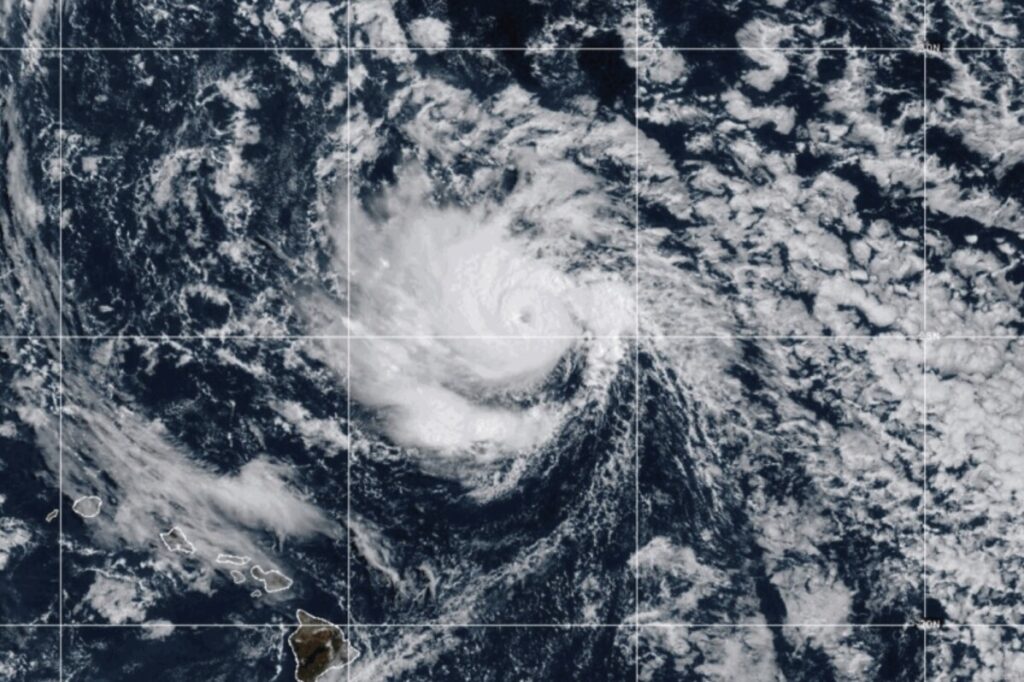Passenger Vessel Runs Aground in Hawaii: What Went Wrong and Who Bears Responsibility?
A 60-foot passenger vessel ran aground amid high surf off Honolulu, raising urgent questions about maritime safety protocols and regulatory oversight on American shores.

In a dramatic incident off the coast of Honolulu’s Kewalo Basin Harbor, a yacht-sized passenger boat named Discovery ran aground amidst powerful surf conditions last Saturday morning. The unsettling spectacle, captured from multiple angles as the vessel precariously nearly capsized, is more than just a freak accident—it highlights troubling gaps in maritime safety that demand accountability.
Could This Disaster Have Been Prevented?
The U.S. Coast Guard has confirmed two experienced crew members were aboard at the time, and no mechanical failures were reported before the vessel lost propulsion after running aground. Yet preliminary investigations reveal the operator struggled to navigate two large waves striking the stern, causing loss of control. Was this incident simply unavoidable weather-related misfortune—or is it a symptom of systemic negligence?
Beachgoers witnessed the Discovery essentially riding waves like a massive surfboard before crashing into shallow waters roughly two feet deep—an unprecedented scenario for a craft certified and supposed to be inspected regularly by Coast Guard standards. For families who cherish safe recreational coastal activities, how can we trust that regulatory inspections are truly safeguarding lives if vessels continue to put passengers at risk?
Accountability Demands More Than Statements
Atlantis Adventures, owner of the Discovery, assures cooperation with government bodies to remove and inspect the vessel thoroughly before resuming service. Their statement also emphasizes compliance with Coast Guard certifications and training standards for captains ferrying tourists near Waikiki submarine dive sites.
However, we must ask—are these certifications enough? When did oversight become check-the-box formality rather than rigorous enforcement? As America prioritizes national sovereignty and public safety, there is little room for complacency when private operators endanger lives under regulated licenses. How long will Washington let bureaucratic inertia erode frontline safeguards rooted in common sense?
This event also serves as a stark reminder that natural elements—high surf included—pose perennial threats that demand robust preparation rather than reactive measures. Our coastal communities deserve proactive policies ensuring every passenger vessel withstands such challenges without catastrophe. The grounding of Discovery should ignite fresh scrutiny into regulatory efficacy along our shores.
While some might view this grounding as an isolated maritime mishap thousands of miles away from mainland America, there is an undeniable connection: protecting American citizens’ freedom to enjoy their homeland safely without fear hinges on strong national institutions holding operators accountable.
The lesson is clear: We need transparency, stringent enforcement, and continuous improvement in coastal safety regulations—because Americans deserve better than preventable disasters fueled by lax oversight. The question now stands: will authorities rise to enforce true accountability for incidents like these or settle for hollow assurances?
